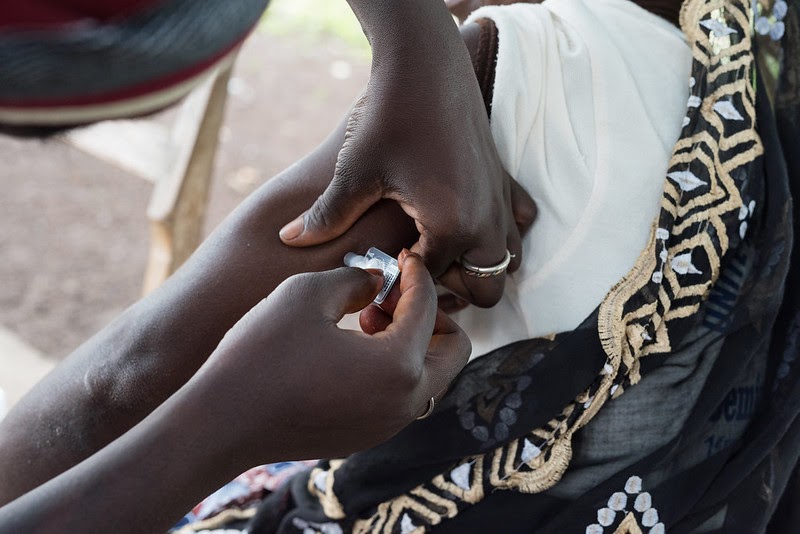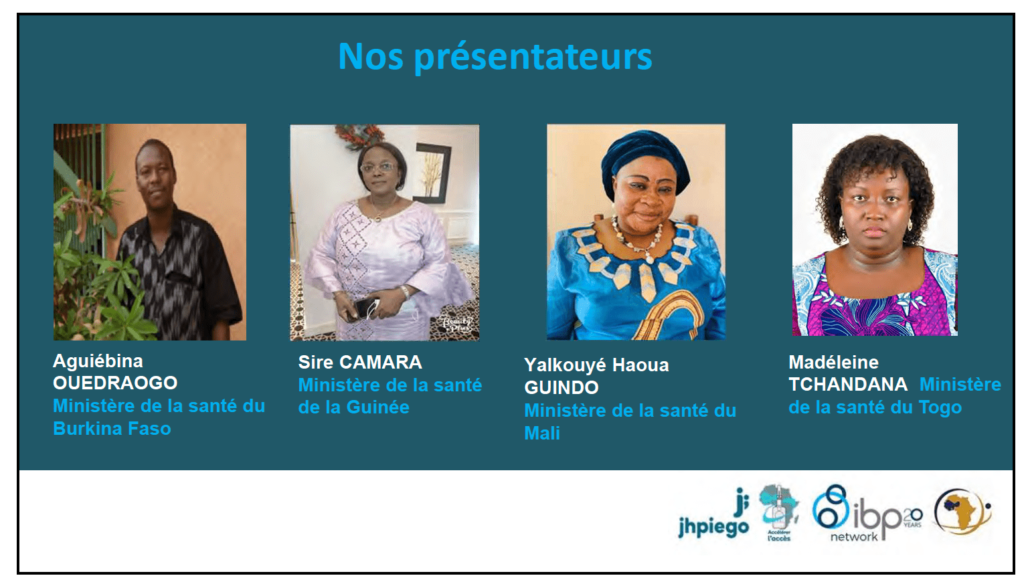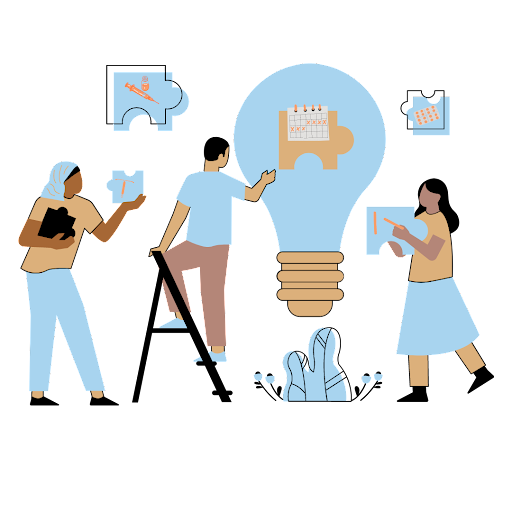Lessons Learned
All four countries agreed that success would not have been possible without the flexibility and willingness to shift in response to the COVID-19 pandemic. Adapting the trainings to a virtual format, implementing post-training follow-up from a distance, and creating WhatsApp groups were effective alternatives for building capacity and fostering learning exchange among providers offering DMPA-SC. Before each virtual training in Guinea, organizers distributed documents, tools, and materials to facilitate the training. Dr. Tchandana noted that Togo took learnings from the Rapid Response Mechanism (RRM) project of FP2020. This approach focuses on providing close assistance to providers for self-injection introduction. Communication materials, especially videos, also made trainings successful, as representatives from the Burkina and Guinea ministries of health agreed. Other examples include materials such as trainers’ guides, reference manuals, and data management tools.
Representatives from Guinea, Mali, and Burkina discussed the importance of advocacy to create an enabling environment for the introduction of DMPA-SC in the countries. This included creating an enabling environment both at the government level to ensure the availability of guidance and leadership, and with clients to generate demand for self-injection. In Burkina, one lesson learned was to consider provider motivation in client recruitment. Mali continues to advocate for free DMPA-SC services.
Equally important in terms of relationship management, Guinea found, was the relationship between private clinics and the district health management teams to facilitate data reporting. Similarly, based on the Mali experience, Ms. Yalcouye emphasized the importance of ensuring the availability of data input tools and management support in public and private facilities. For all four countries, it was clear that training and supervision on data entry and use of data for decision making contributed to the success of the projects
Conclusion: Two Approaches, Four Countries
As webinar moderator Rodrigue Ngouana noted, Guinea and Mali introduced DMPA-SC/self-injection at the urban level with the idea that the city would influence other regions of the country and foster an environment conducive to future expansion of the method. The Burkina and Togo approach focused on scale-up of self-injectables to different regions to allow for a wider choice of contraceptive methods. With the changing climate of COVID-19, all four countries had to adapt their implementation approaches, including training and knowledge sharing from a distance rather than in-person. These adaptations, and remarkable results, show that the CHAI projects have helped build capacity for the implementation of DMPA-SC/self-injection in the countries.
As programs plan and implement self-injectable contraception scale-up, it is important to note the experiences, lessons learned, and recommendations from these four countries.








